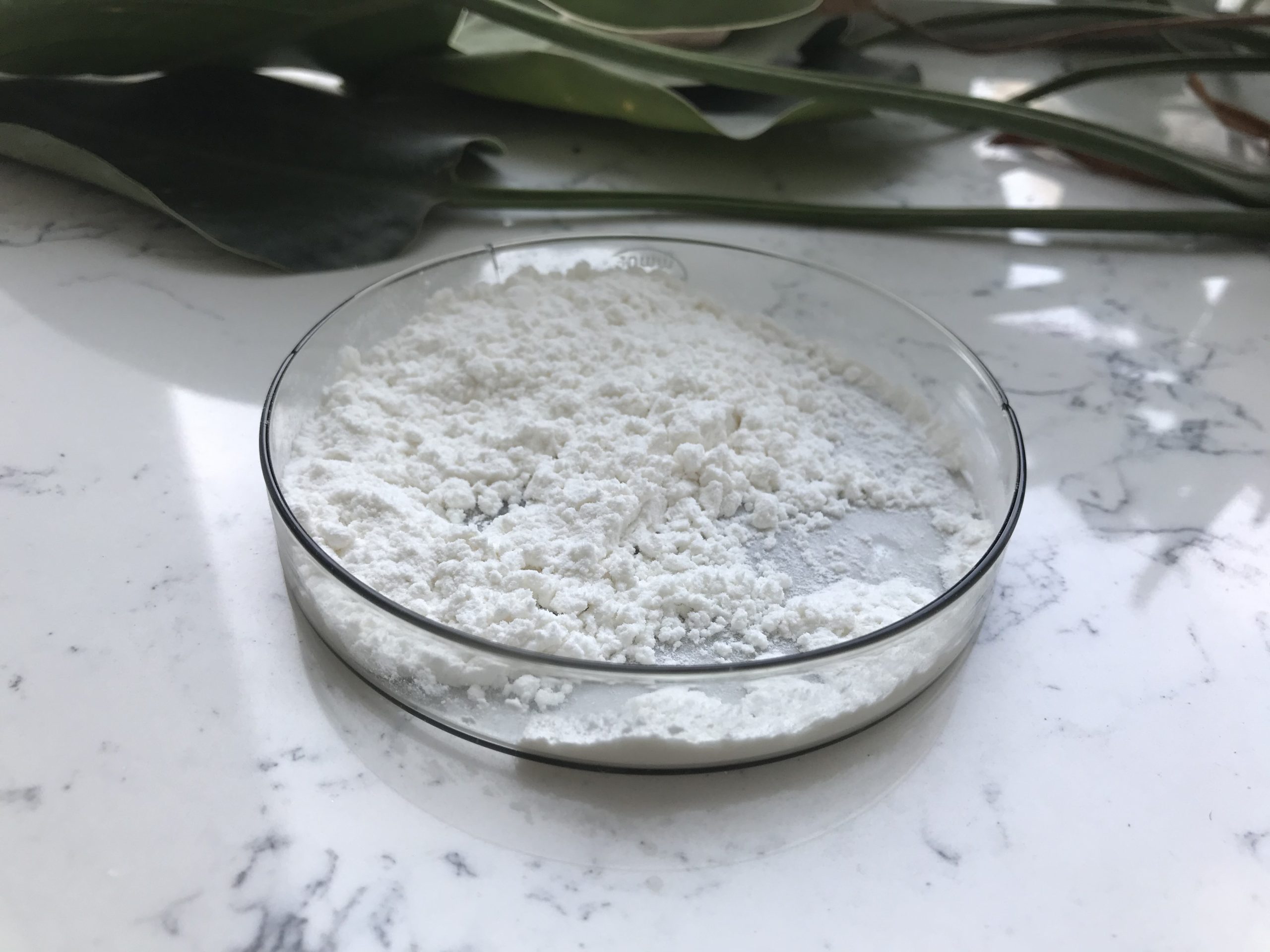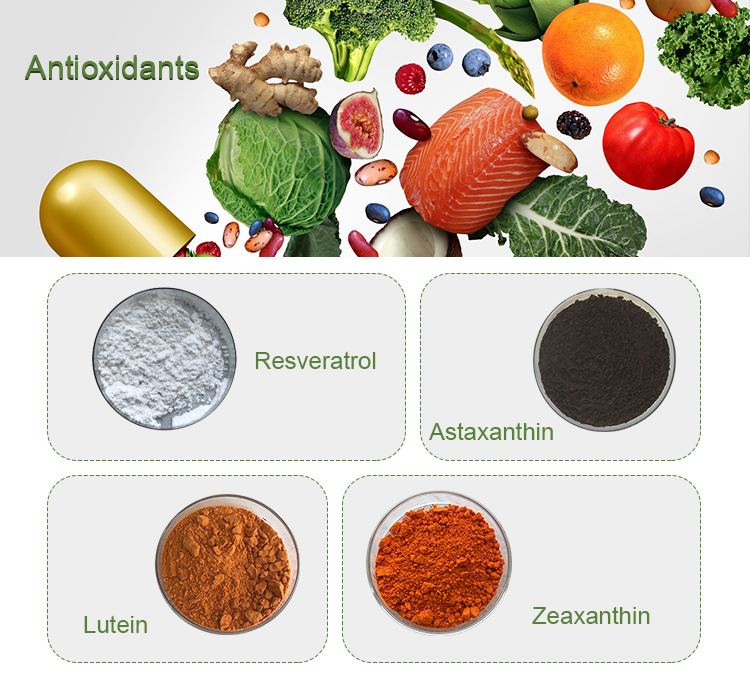Resveratrol is a natural compound found in certain plants, particularly in the skin of red grapes, and it is also present in red wine. The basic ingredients of resveratrol include:
Trans-Resveratrol: This is the active form of resveratrol that is biologically active and responsible for most of its potential health benefits.
Red Grapes: The primary dietary source of resveratrol is red grapes, and it is concentrated in the skin of these grapes. This is why red wine, which is made from red grapes and includes the skin during fermentation, is often associated with resveratrol.
Other Plants: Resveratrol can also be found in other plants, including peanuts and various types of berries like blueberries and cranberries, though in smaller quantities compared to red grapes.
Wine: Red wine, in particular, is known to contain resveratrol due to its production process that includes prolonged contact between grape skins and the grape juice during fermentation.
It’s important to note that while resveratrol has been studied for its potential health benefits, including its antioxidant and anti-inflammatory properties, its actual impact on human health is still a subject of ongoing research and debate. Additionally, the levels of resveratrol in foods and beverages can vary significantly, and the amount one can consume through a typical diet may not be sufficient to realize some of the potential health benefits attributed to this compound.

Effect and Efficacy of Resveratrol
Resveratrol is a naturally occurring compound found in certain foods, such as red grapes, red wine, and some berries. It has been the subject of extensive research due to its potential health benefits. However, it’s important to note that while resveratrol shows promise in various areas, the evidence is mixed, and more research is needed to fully understand its effects and efficacy.
Here are some potential effects and areas of efficacy associated with resveratrol:
Antioxidant Properties: Resveratrol is known for its antioxidant properties. It can help neutralize harmful free radicals in the body, which can reduce oxidative stress and damage to cells. This antioxidant effect may contribute to its potential health benefits.
Cardiovascular Health: Some studies suggest that resveratrol may have a positive impact on heart health. It may help improve blood flow, reduce inflammation, lower blood pressure, and reduce the risk of heart disease.
Anti-Inflammatory Effects: Resveratrol has demonstrated anti-inflammatory properties in both animal and in vitro studies. Chronic inflammation is associated with various diseases, so reducing inflammation may have health benefits.
Potential Cancer Prevention: Some research suggests that resveratrol may have anti-cancer properties. It could inhibit the growth of cancer cells and prevent the spread of tumors. However, more human studies are needed to confirm these effects.
Longevity: Resveratrol has gained attention for its potential role in extending lifespan. Some studies on animals, particularly in rodents, have shown that it may mimic the effects of calorie restriction, a known method for extending life in various species. However, its effects on human longevity are still under investigation.
Neuroprotection: Resveratrol may offer some protection against neurodegenerative diseases, like Alzheimer’s and Parkinson’s, due to its antioxidant and anti-inflammatory properties. It could also enhance cognitive function.
Metabolic Health: Resveratrol may help regulate blood sugar levels and improve insulin sensitivity. This could be beneficial for individuals with type 2 diabetes or those at risk of developing the condition.
It’s important to note that while there is promising research on the potential benefits of resveratrol, many of these effects have mainly been observed in animal or in vitro studies. Human studies have produced mixed results, and the optimal dosage and long-term effects of resveratrol supplementation are still under investigation. The bioavailability of resveratrol can be low, and the compound may not be absorbed well in the body, which further complicates its use as a supplement.

Before considering resveratrol supplementation or increasing your consumption of foods rich in resveratrol, it’s advisable to consult with a healthcare professional, as individual responses can vary. Additionally, a balanced diet and a healthy lifestyle, including regular physical activity, remain key factors in maintaining overall health and well-being.
